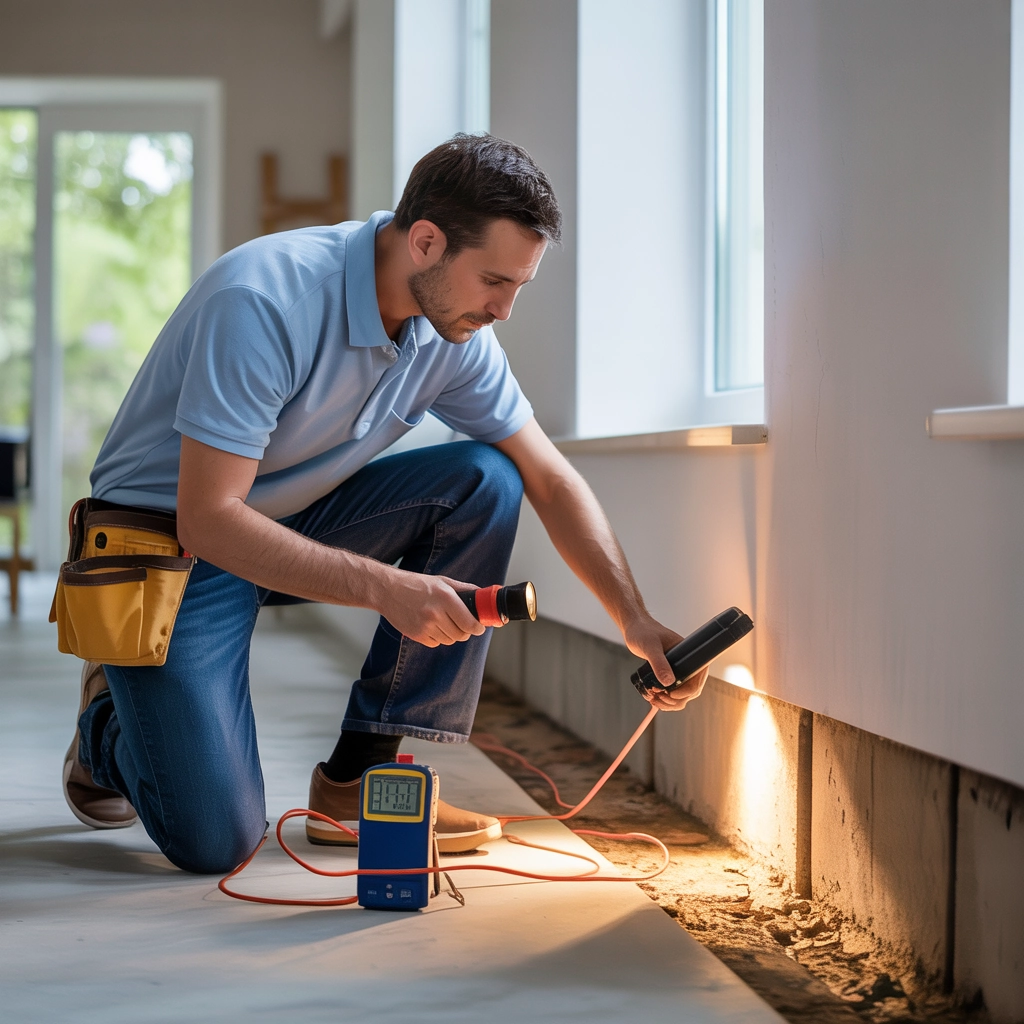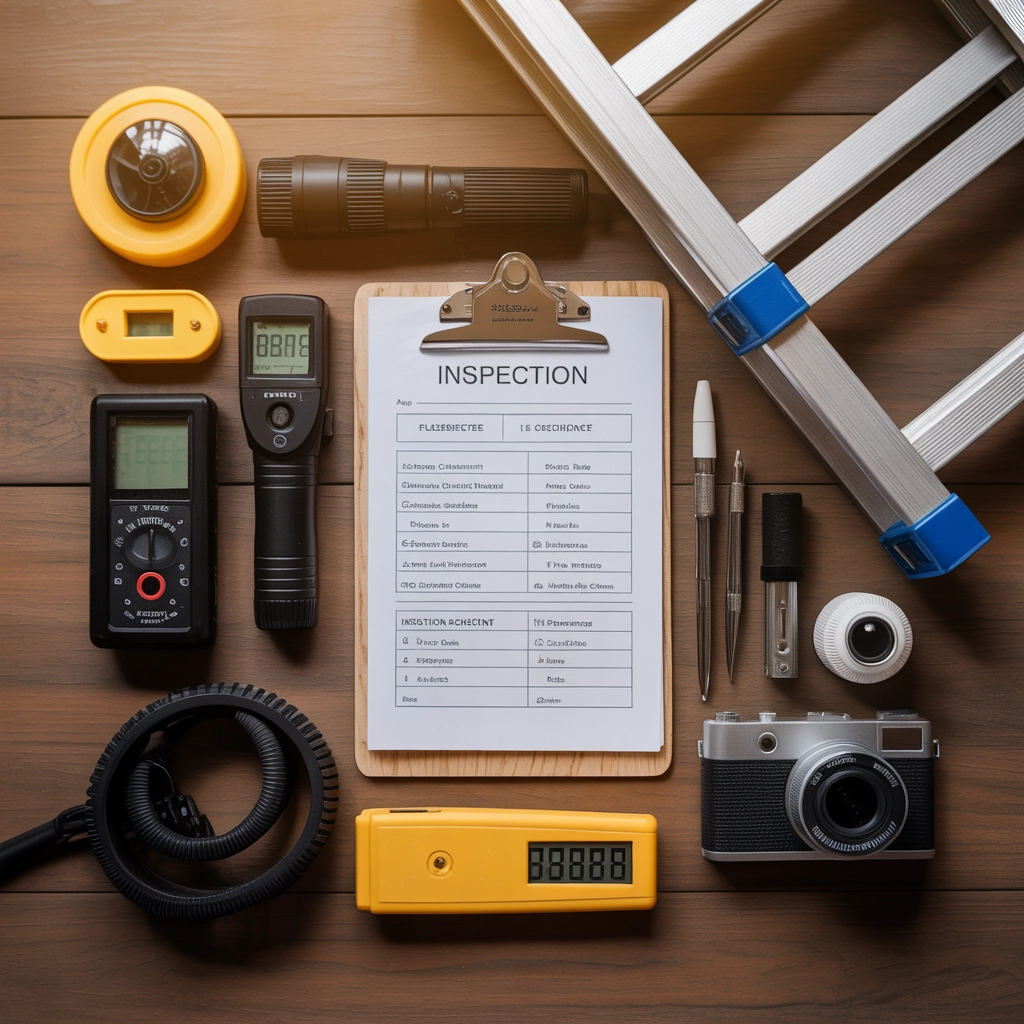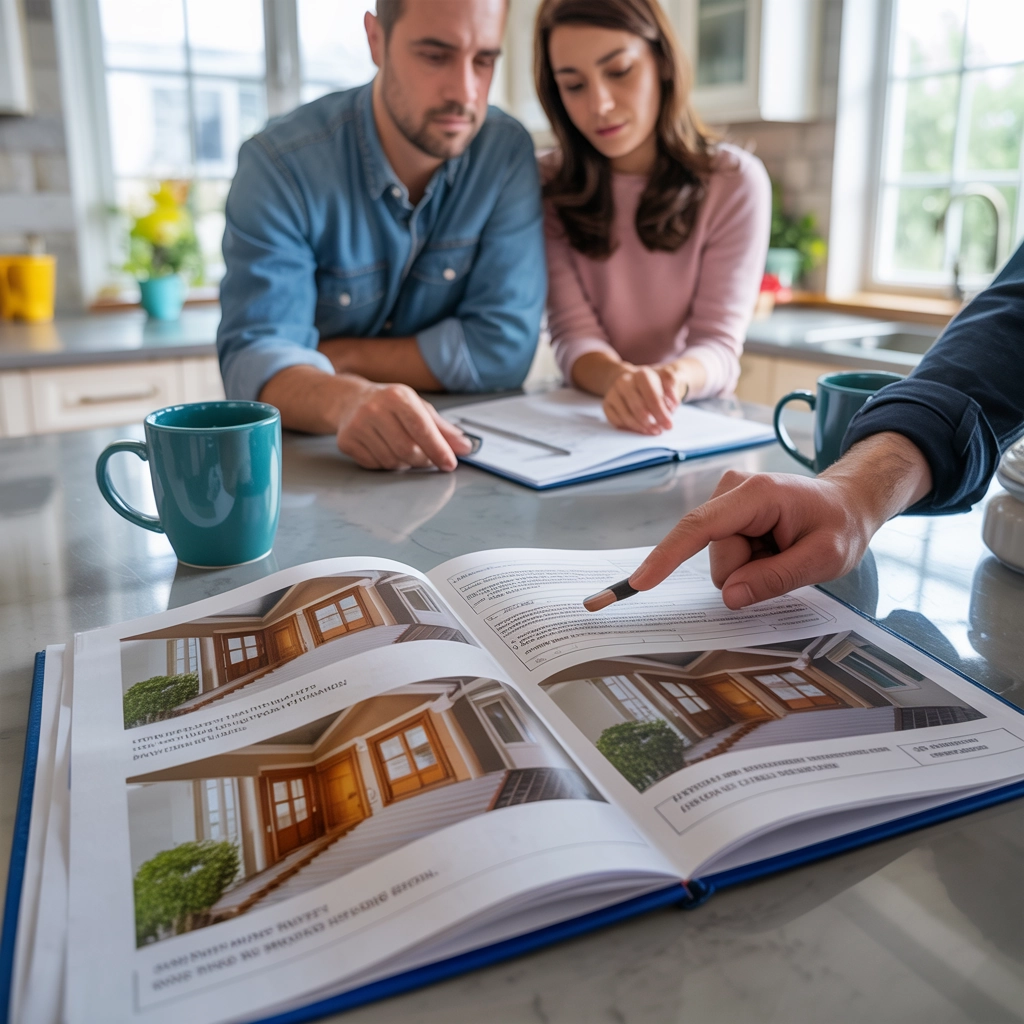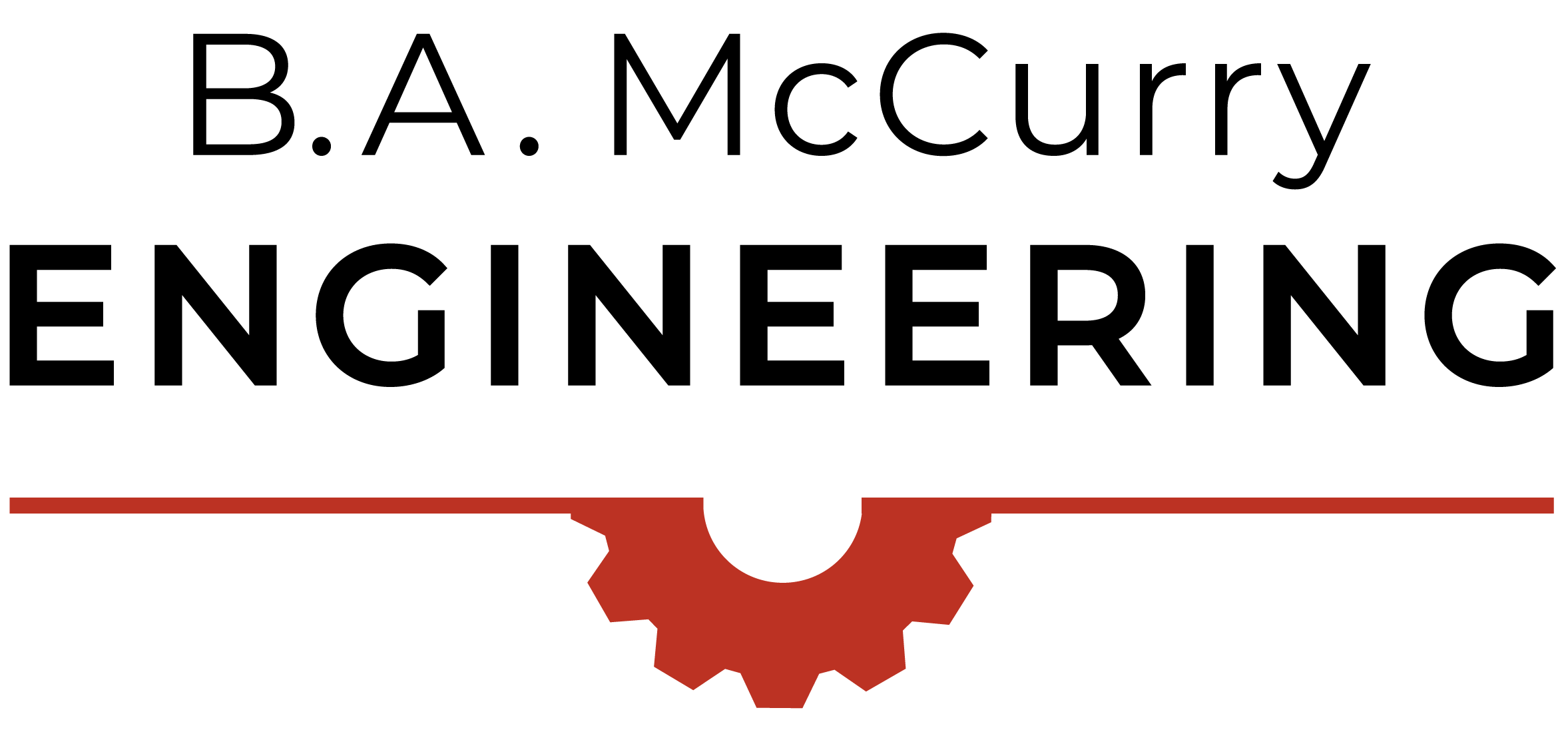What Happens During a Home Inspection? A Simple Breakdown for First-Time Buyers
Buying your first home is exciting, but let’s be honest—it can also be pretty overwhelming. Between mortgage applications, endless paperwork, and trying to figure out if that weird smell in the basement is a dealbreaker, there’s a lot to manage. One of the most crucial steps in this journey is the home inspection, but many first-time buyers aren’t quite sure what to expect.
As Home Inspectors and Engineers who’ve inspected countless properties across North Carolina, we’ve put together this straightforward guide to walk you through exactly what happens during a home inspection and why it matters to your investment.
Why You Absolutely Need a Home Inspection
Before we dive into the details, let’s get one thing straight: skipping a home inspection to save a few hundred dollars is like skipping a medical checkup because you “feel fine.” What you don’t know absolutely can hurt you—and your wallet.
A thorough home inspection can:
- Uncover serious structural issues before they become your expensive problem
- Give you negotiating power if repairs are needed
- Provide peace of mind about what is likely the biggest purchase of your life
- Help you understand maintenance priorities for your new home
- Potentially save you thousands of dollars in future repairs
Before the Inspection: What to Know
Choosing the Right Inspector
Not all home inspectors are created equal. While your real estate agent might recommend someone, it’s worth doing your own research too. Look for:
- Professional certification from organizations like the American Society of Home Inspectors (ASHI)
- Experience specifically with the type of home you’re buying (historic homes, new construction, etc.)
- Engineering credentials (this is where specialized firms like B.A. McCurry Engineering offer additional expertise)
- Positive reviews and references
- Clear sample reports so you know what to expect
Scheduling and Costs
A typical home inspection costs between $300-$500 depending on the size and age of the home. The inspection usually takes 2-3 hours to complete properly. As the buyer, you’re responsible for this cost, but it’s a small price compared to the investment you’re making.
What Actually Happens During the Inspection
On inspection day, your inspector will arrive with a variety of tools: flashlights, moisture meters, electrical testers, and more. They’ll systematically work through the entire property, examining both the interior and exterior.
Here’s what they’ll be looking at:
Exterior Inspection
Foundation and Structure
The inspector examines the foundation for cracks, settling issues, or signs of water intrusion. They’ll also check exterior walls for any structural concerns.
Roof and Gutters
They’ll assess the roof’s condition, looking for damaged or missing shingles, proper flashing around chimneys and vents, and the condition of gutters and downspouts.
Grounds
The inspection includes checking for proper drainage away from the house, the condition of driveways and walkways, and evaluating retaining walls or other outdoor structures.
Interior Inspection
Basement/Crawl Space
This is where many serious issues hide. The inspector will check for water intrusion, examine the foundation from the inside, and look at any visible structural elements.
Attic
They’ll inspect the attic for proper insulation, ventilation, and any signs of roof leaks or pest intrusion.
Plumbing Systems
The inspection includes checking visible pipes for leaks, testing water pressure, examining drainage, and inspecting water heaters.
Electrical Systems
The inspector will check the electrical panel, test outlets (especially GFCIs in wet areas), and look for any outdated or dangerous wiring.
HVAC Systems
They’ll test heating and cooling systems, inspect ductwork where visible, and check for proper ventilation.

Interior Rooms
In each room, they’ll check for signs of water damage, test windows and doors, inspect walls and ceilings for cracks or stains, and check that floors are level.
Kitchen and Bathrooms
These rooms get special attention due to their plumbing fixtures, ventilation needs, and potential for water damage.
What They’re NOT Looking For
It’s important to understand that a standard home inspection has limitations. Inspectors typically won’t:
- Move furniture or personal belongings
- Inspect inside walls or under flooring
- Test for mold, asbestos, or lead paint (these require specialized testing)
- Evaluate swimming pools
- Identify pests (Unless you request a Pest Inspection)
After the Inspection: What Happens Next?
The Inspection Report
Within 24-48 hours, you’ll receive a detailed inspection report. This document includes:
- Photos of issues discovered
- Descriptions of problems and their locations
- Recommendations for repairs or further evaluation
- Maintenance suggestions
Take time to review this document carefully. Some reports can be 40+ pages long and contain a lot of information.

Interpreting Your Report
Not all issues are created equal. Your report might identify:
Deal Breakers: Serious structural problems, major electrical hazards, or extensive water damage that could cost thousands to repair.
Negotiation Points: Moderate issues that should be addressed but might not kill the deal—things like an aging roof or outdated electrical panel.
Minor Issues: Small maintenance items or cosmetic concerns that shouldn’t affect your decision.
Future Considerations: Systems that are functioning but aging and may need replacement in the coming years.
Negotiating Repairs
Once you understand what’s wrong, you have several options:
- Ask the seller to make repairs before closing
- Request a credit at closing to handle repairs yourself
- Ask for a price reduction
- Walk away if the issues are too significant (assuming your contract has an inspection contingency)
Your real estate agent will help guide these negotiations, but understanding the engineering and cost implications of needed repairs will strengthen your position.
The Value of Engineering Expertise in Home Inspections
While many home inspectors have construction backgrounds, there’s significant value in having an inspection performed by a licensed professional engineer, particularly for:
- Older homes with potential structural concerns
- Properties with visible foundation issues
- Homes built on hillsides or with retaining walls
- Houses with previous significant renovations
- Properties that have experienced flooding or fire damage
At B.A. McCurry Engineering, our engineering background allows us to not just identify problems but to provide more detailed analysis of their causes and appropriate solutions. This can be particularly valuable during repair negotiations.
Final Thoughts for First-Time Buyers
The home inspection might feel like just another hurdle in the buying process, but it’s actually one of your best protections as a buyer. A few hundred dollars spent on a quality inspection can save you from thousands in unexpected repairs.
Remember these key points:
- Choose your inspector carefully—credentials and experience matter
- Attend the inspection if possible
- Read the entire report, not just the summary
- Don’t be afraid to ask for explanations about anything you don’t understand
- Use the inspection findings in your negotiations
- Consider specialized inspections if the home has unique features or concerns
If you’re buying a home in North Carolina and would like to learn more about our residential engineering services including pre-purchase inspections, please contact us for more information.
Happy house hunting!
